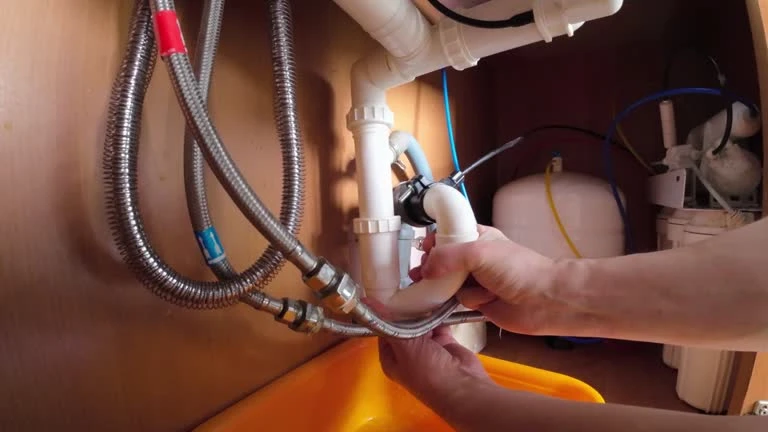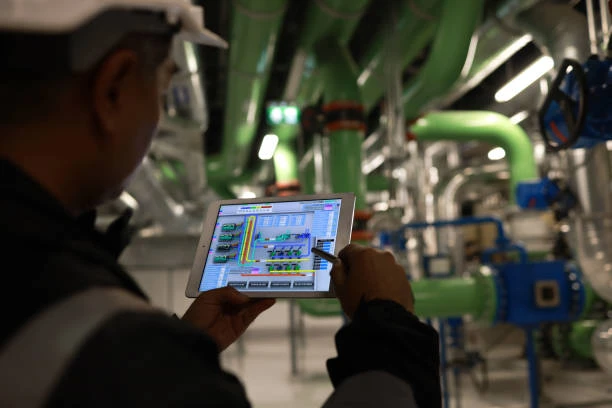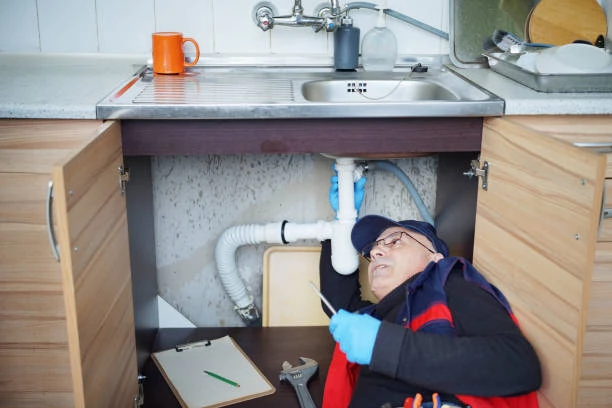PPR (Polypropylene Random Copolymer) plumbing has become increasingly popular due to its exceptional properties and benefits. To fully appreciate why PPR plumbing stands out, it’s essential to understand the raw materials that contribute to its superior performance. In this article, we will explore the composition and characteristics of PPR raw materials, their benefits, and their role in the production process.
Composition and Characteristics of PPR Raw Materials
The Basics of Polypropylene Random Copolymer
Polypropylene Random Copolymer, or PPR, is a type of polymer derived from propylene monomers. This specific copolymer is created by randomly incorporating ethylene units into the polypropylene chain, which enhances its flexibility and impact resistance. Unlike other types of polypropylene, PPR’s random distribution of ethylene units gives it unique physical properties that are ideal for plumbing applications.
Enhancing Flexibility and Strength
The inclusion of ethylene in the polymer chain significantly improves the flexibility and strength of PPR materials. This flexibility allows PPR pipes to withstand varying temperatures and pressures without cracking or breaking. Additionally, PPR’s enhanced strength ensures durability and long-term reliability, making it a preferred choice for both hot and cold water plumbing systems.
Chemical Resistance and Safety
One of the standout features of PPR raw materials is their excellent chemical resistance. PPR is resistant to many chemicals, including acids, bases, and salts, which makes it suitable for various plumbing applications where chemical exposure is a concern. Moreover, PPR is non-toxic and does not release harmful substances into the water supply, ensuring the safety and purity of drinking water.
Benefits of Using High-Quality PPR Raw Materials
Durability and Longevity
High-quality PPR raw materials contribute to the durability and longevity of plumbing systems. PPR pipes made from superior raw materials exhibit exceptional resistance to wear and tear, reducing the need for frequent repairs or replacements. This longevity translates to cost savings for homeowners and businesses over the lifetime of the plumbing system.
Thermal Stability and Insulation
PPR materials have excellent thermal stability, meaning they can withstand a wide range of temperatures without degrading. This property is particularly important for plumbing systems that transport hot water, as it ensures the pipes maintain their integrity and performance over time. Additionally, PPR’s natural insulating properties help to minimize heat loss, enhancing the energy efficiency of hot water systems.
Environmental Sustainability
Choosing high-quality PPR raw materials also aligns with environmental sustainability goals. PPR is fully recyclable, and the production process generates minimal waste. Using PPR for plumbing reduces the environmental impact compared to traditional materials like copper or PVC, which may involve more resource-intensive manufacturing processes and have less favorable end-of-life disposal options.
The Role of Raw Materials in PPR Pipe Production
Quality Control in Manufacturing
The quality of raw materials directly impacts the manufacturing process and the final product quality. Reputable manufacturers implement strict quality control measures to ensure that the raw PPR resin meets specific standards and specifications. This attention to detail during production helps to maintain the consistency and reliability of PPR pipes, ensuring they meet industry standards and perform as expected in real-world applications.
Advances in Material Science
Advances in material science have further improved the properties of PPR raw materials. Innovations in polymer chemistry and processing techniques have led to the development of PPR variants with enhanced performance characteristics. For example, modern PPR materials may offer improved UV resistance, better impact strength, and increased resistance to microbial growth, making them suitable for a wider range of applications.
Customization and Application-Specific Solutions
The versatility of PPR raw materials allows for customization to meet specific application requirements. Manufacturers can adjust the formulation and processing conditions to produce PPR pipes with tailored properties, such as higher pressure ratings or increased flexibility. This customization ensures that PPR plumbing systems can be optimized for various environments and usage scenarios, providing reliable and efficient solutions for diverse plumbing needs.
Conclusion
Understanding the raw materials of PPR plumbing reveals why this material is highly valued in the industry. The unique composition and characteristics of Polypropylene Random Copolymer, combined with the benefits of durability, thermal stability, and environmental sustainability, make PPR an excellent choice for modern plumbing systems. By utilizing high-quality raw materials and leveraging advances in material science, manufacturers continue to enhance the performance and reliability of PPR plumbing, ensuring it meets the evolving needs of both residential and commercial applications.
IFAN is a Chinese manufacturer of plastic pipes, fittings and valves with 30 years of experience. If you are interested in IFAN copper fittings, copper valves, plastic pipes and fittings, please contact us. IFAN offers you a variety of standard pipes to meet your specific needs. Click below to learn more about IFAN’s wide range of affordable and cost-effective valve products and piping system related products.
We will reply your email or fax within 24 hours.
You can call us at any time if there is any question on our production.
For more information,pls visit our webside https://waterpipefitting.com/
Pls Mailto: [email protected]
Whatsapp: + 86 19857948982














Recent Comments